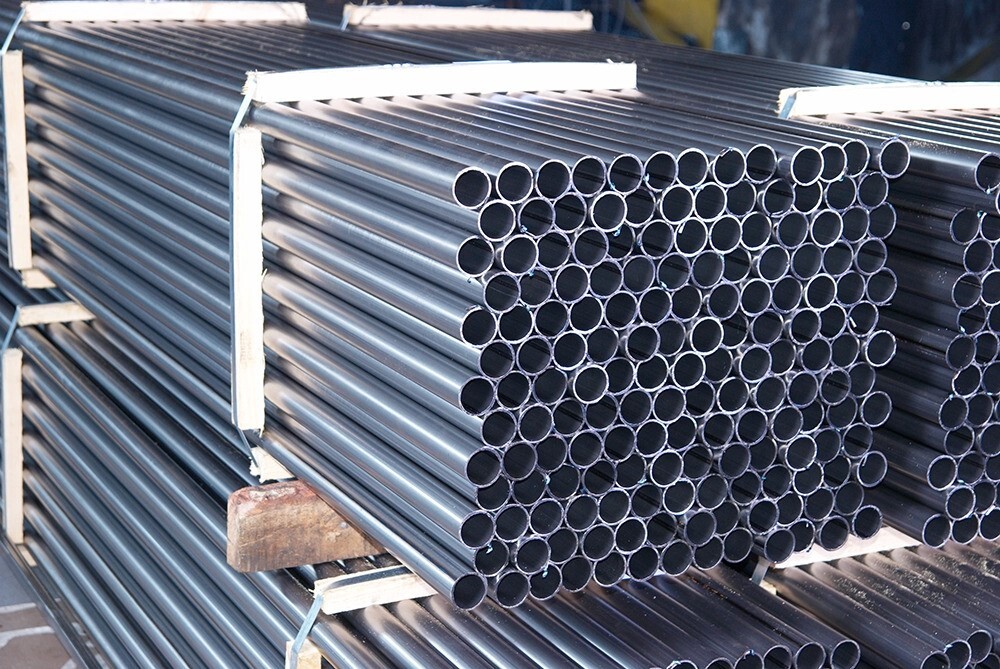

The United States’ sharp 50 per cent tariff on aluminium and steel imports seem to have spared no end-user sector, not even farm equipment manufacturers. Reports indicate that the punitive duty has driven up production costs and disrupted supply chain stability, leaving equipment makers grappling with uncertainty. The situation is especially concerning as farmers head into the crucial harvest season, where reliable access to machinery is vital.

Although steel is a major constituent, the tariffs also jack up the price of high-strength aluminium, used more and more in newer farm equipment for parts such as engine blocks, wheels, and structural elements to save weight and improve fuel consumption. The tariffs directly influence the US Midwest Premium, the principal physical aluminium price benchmark, driving up costs for all US users.
Foreign and domestic companies affected
The effects differ based on a firm's manufacturing base. For Case IH, which manufactures 80-90 per cent of its equipment in the US and derives most of its steel from domestic suppliers, the issue is mainly one of market stability. Case IH’s Kurt Coffey, who serves as the company’s vice president of its North America division, says the executive team of the company has innumerable issues at trade fronts to address daily.
Also read: From cars to cans: the ripple effects of America’s 50% aluminium tariff on end-users
However, for foreign-based manufacturers, the impact is more direct. German-based Claas, which builds 80 per cent of its row crop machinery in Europe for the US market, faces the full brunt of the import duties. "We’ve absorbed a lot as well," noted Eric Raby, senior vice president of Claas. "We’re not passing all of it to the customer."
This has sparked opposition by manufacturing associations, with America's downstream aluminium sector being opposed to the tariffs. The dilemma forces manufacturers to choose between absorbing higher costs or passing them on to American farmers.
Also read: US tariffs on aluminium weigh heavily on Wisconsin manufacturer
Responses








